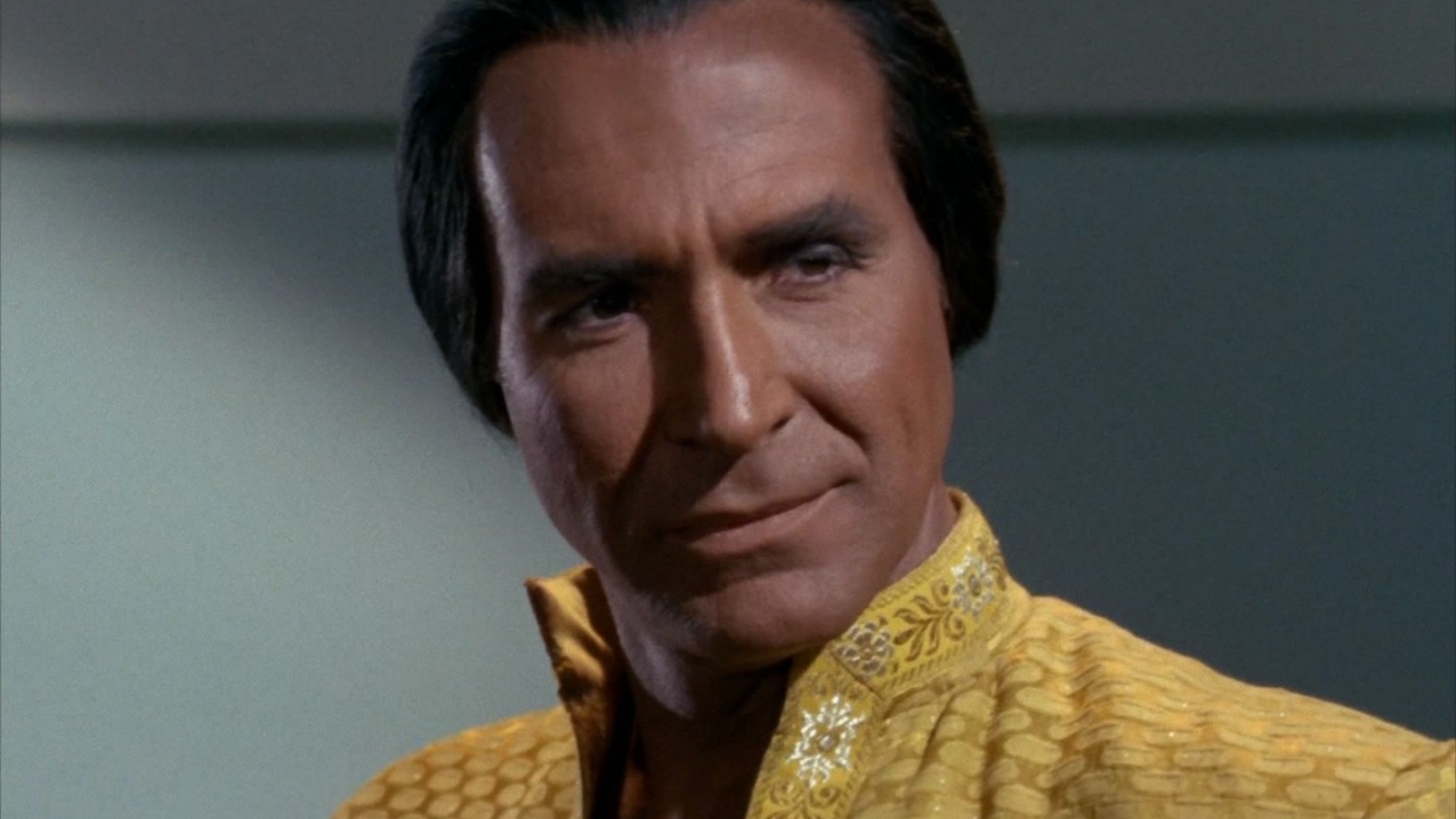
Another article in StarTrek.com noted that Khan’s name be changed from Sibahl Khan Noonien like Roddenberry wanted to Govin Bahadur Singh; it seems the show’s research firm, the DeForest Research Company, found their name to be more in line with Sikh traditions. Roddenberry, however, insisted on “Noonien” being part of the name, and he got his way. If one can find the earliest novelizations of “Star Trek,” one will see that the “Space Seed” book still named the character Sibahl Khan Noonien. The character’s final name, “Khan Noonien Singh,” was a marriage between the old name and the suggested name.
A 2013 Gizmodo article repeated an oft-repeated story known to deep-cut Trekkies out that “Noonien” was taken from a real person name Noonien Wang.
Noonien Wang was, by Gizmodo’s description, a friend of Roddenberry’s that he met in the 1940s while in China. During World War II, Roddenberry (as described in David Alexander’s biography “Star Trek Creator”) served as a pilot for the Air Force’s 394th Bomb Squadron. Roddenberry enlisted in 1941 and stopped flying international missions in 1943 after he crashed a plane. Where he met Noonien Wang is unknown, but the two had become friends at some point during this period. Roddenberry and Wang, however, lost contact after the war, and Roddenberry still wanted to reconnect by the 1960s.
He changed the name of his villain character to “Noonien” hoping that when “Space Seed” aired in China, his old friend would put together that the series was created by Roddenberry, and that “Khan Noonien Singh” was a signal to get his friend to contact him. Evidently — long before social media or exhaustively comprehensive phone books — getting personal information was difficult, and this was the best way Roddenberry could think of to contact Noonien Wang.
Evidently, it didn’t work.
